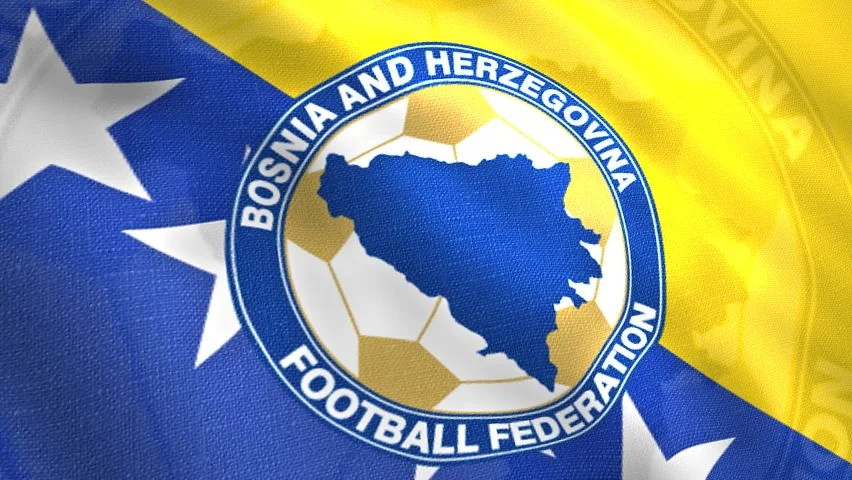After years of conflict and division, the emergence and growth of Bosnia and Herzegovina FC on the international stage is a story filled with triumph, heartbreak, and relentless determination. The path to global recognition has reshaped national identity and inspired millions, showcasing the transformative power of football.
Early Challenges in Bosnia and Herzegovina FC
In the wake of independence, the road to forming a united national team was riddled with obstacles. Fragmented ethnic leagues delayed the creation of a cohesive Bosnian FA recognized by FIFA and UEFA 789WIN.
Political disputes reflected deeply entrenched divisions, making it difficult for early administrations to agree on leadership, representation, and resource distribution. This hindered competitive progress and discouraged emerging talents.
Against these odds, pioneers within the FA worked tirelessly to unify the footballing landscape. Their dedication finally bore fruit when Bosnia and Herzegovina gained FIFA membership in 1996 and later UEFA affiliation, allowing participation in qualifiers and friendlies.
Gaining official status wasn’t just about football; it symbolized a tentative step toward national reconciliation and international acceptance after years of isolation.
Milestone Achievements and Historic Qualifiers
The most significant milestone was undoubtedly reaching the 2014 FIFA World Cup in Brazil. This qualification resonated far beyond sport, marking Bosnia and Herzegovina FC’s arrival on the biggest stage and igniting nationwide celebrations.
Led by iconic striker Edin Džeko and playmaker Miralem Pjanić, the squad showcased skill, teamwork, and resilience. Their attacking style won admirers worldwide as they made history with their first-ever World Cup appearance.
Although eliminated in the group stage, the team’s performances — especially the victory over Iran — fueled immense pride. It validated years of struggle and inspired a generation to believe in Bosnian potential.
Subsequent campaigns saw highs and lows, including near-miss qualifications for Euro tournaments. Yet, each effort added layers to a growing football identity rooted in perseverance.
Impact on National Identity and Global Perception
International participation profoundly impacted Bosnian society, strengthening a shared national identity that transcends ethnic lines.
For many citizens, supporting Bosnia and Herzegovina FC became an expression of unity, hope, and healing. Stadiums and living rooms alike turned into spaces where differences melted away, replaced by collective passion.
Globally, the team’s presence improved perceptions of Bosnia, shifting narratives from war-torn imagery to one of vibrant culture and sporting prowess. It opened doors for economic partnerships, tourism, and cultural exchanges.
These achievements highlight football’s unmatched ability to foster solidarity, reshape identities, and position nations anew on the world stage.
